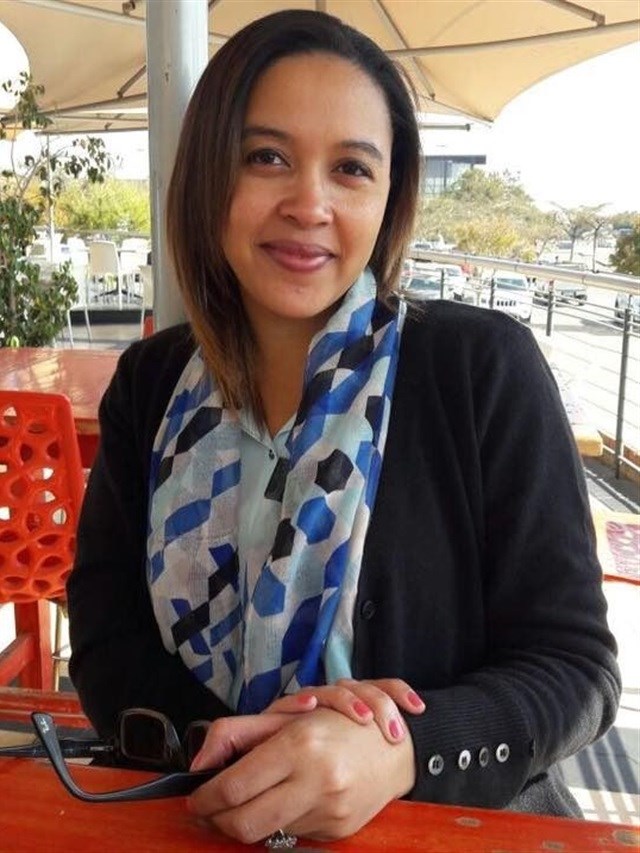Where's our song for Mozambique?

Recently while scrolling through my Youtube music collection, We Are the World 25 for Haiti popped up. Following the magnitude 7.0 Mw earthquake in Haiti in 2010, which devastated the area and killed thousands of people, the song was recorded in less than 15 hours by over 80 artists on 1 February 2010. It was produced by Quincy Jones, and executively produced by Lionel Richie, and Haitian-American musician Wyclef Jean. Artists rallied together, forgoing royalties, in order to raise money for aid in Haiti.
International relations and co-operation minister Lindiwe Sisulu has appealed to South African NGOs, companies and individuals to make donations towards humanitarian aid for the people of Malawi, Zimbabwe and Mozambique affected by Tropical Cyclone Idai. Would it not make sense to have celebrities across Africa, especially South Africa, get together and create their own song with the purpose of raising awareness as well money for Mozambique?
AKA and Bonang shared a romantic rendezvous in Mozambique a few years ago but all I have seen from them is a prayer hashtag.
Music has the potential to make us feel connected to all of humanity. The more we use music to bring us together, the more potential for increased empathy, social connection, and co-operation.
The hit single Do They Know It's Christmas?, performed by Band Aid (a charity super-group featuring mainly British and Irish musicians and recording artists), was highly successful worldwide. It sold over two million copies around the globe and raised more than $24 million for famine relief in Ethiopia in 1984.
We are the world
Released on 7 March 1985, the original We Are the World sold more than 20 million copies worldwide, making it the bestselling single of the decade. With artists like Michael Jackson, Tina Turner, Billy Joel, Diana Ross, Dionne Warwick, Willie Nelson, Al Jarreau, Bruce Springsteen and more, the song raised over $63 million in humanitarian aid for Africa and the United States.
Tears Are Not Enough, produced by David Foster and including artists like Joni Mitchell, Neil Young, Geddy Lee, Anne Murray, and Dan Hill, was released as a single in May 1958, raising $3.1 for famine relief projects and Canadian food banks.
Imagine if AKA, Cassper Nyovest, Yvonne Chaka Chaka, Lira, Parlotones, Ladysmith Black Mambazo, Craig Lucas, and more got together?
Author JK Rowling said: "You have a moral responsibility when you've been given far more than you need, to do wise things with it and give intelligently."
The agenda setting theory relays the idea that mass media gives the public “something to think about” rather than “what to think”. It is believed there is a strong correlation between what the media reports and what the public recognises as relevant.
Celebrities play an in important part in shedding light on an important social issue or cause and prompting people to act. People learn not only about a given issue, but also how much importance to attach to that issue from the amount of information and support a cause gets.










